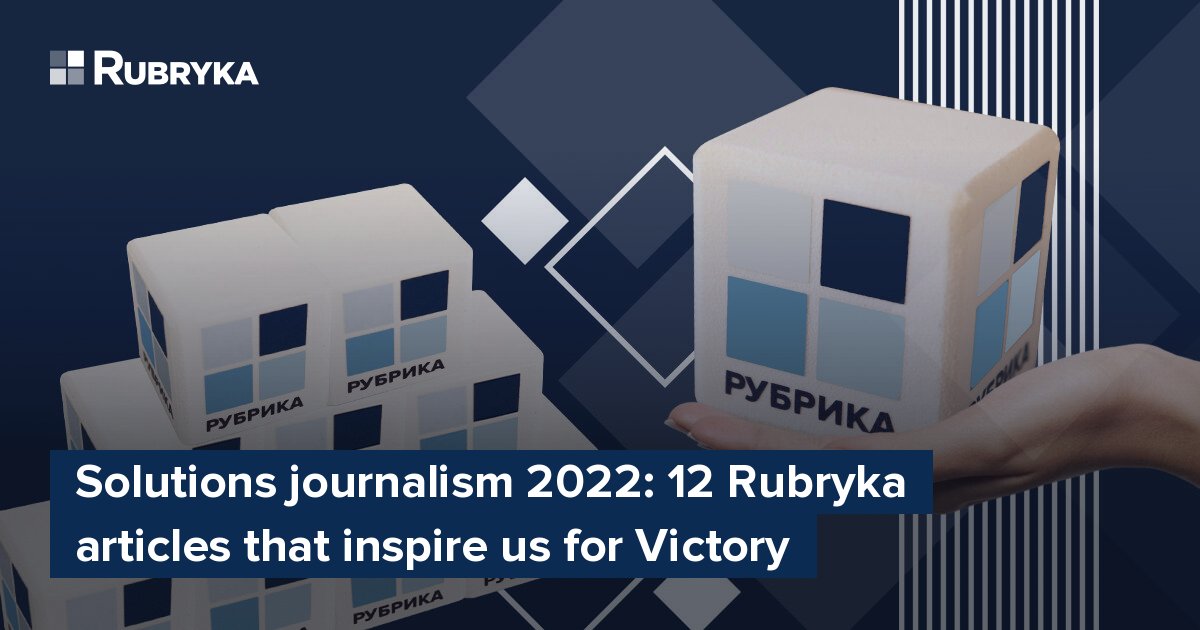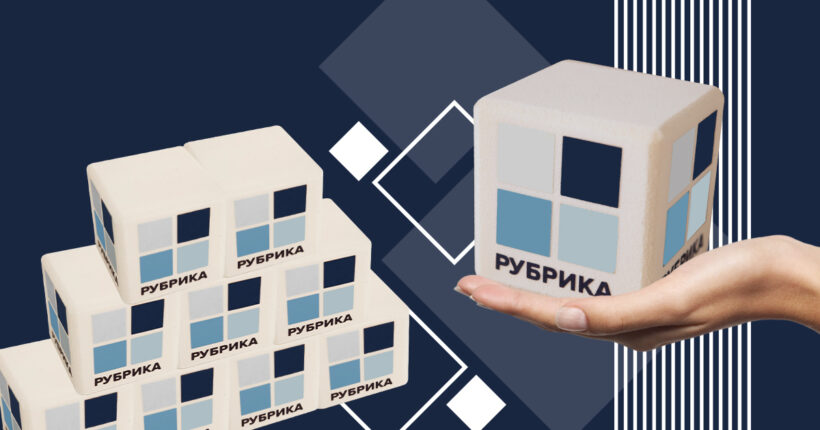
This year turned out to be difficult for Ukrainians. Probably the most difficult in recent decades. russia's full-scale attack on February 24, 2022, turned our lives upside down. Millions had to leave their homes, and hundreds of thousands went to the frontline to defend their country. Someone lost the most valuable thing — the life of their own or loved ones. Children in Ukraine are now children of war. And our country is the most mined in the world. Destroyed homes, damaged infrastructure, occupied and liberated territories, blackouts, and the tireless work of all services, rescuers, volunteers, defenders, our friends and partners, and each of us — this is what Ukraine is holding on to now. We are also holding on to the solutions created every day by people who care not only for the future of our country but also for its present.
Rubryka gathered 12 solutions stories this year, which cannot help but impress. After all, they are about the spirit and strength, the desire to create change and protect our country, and therefore about us, the incredible Ukrainians.
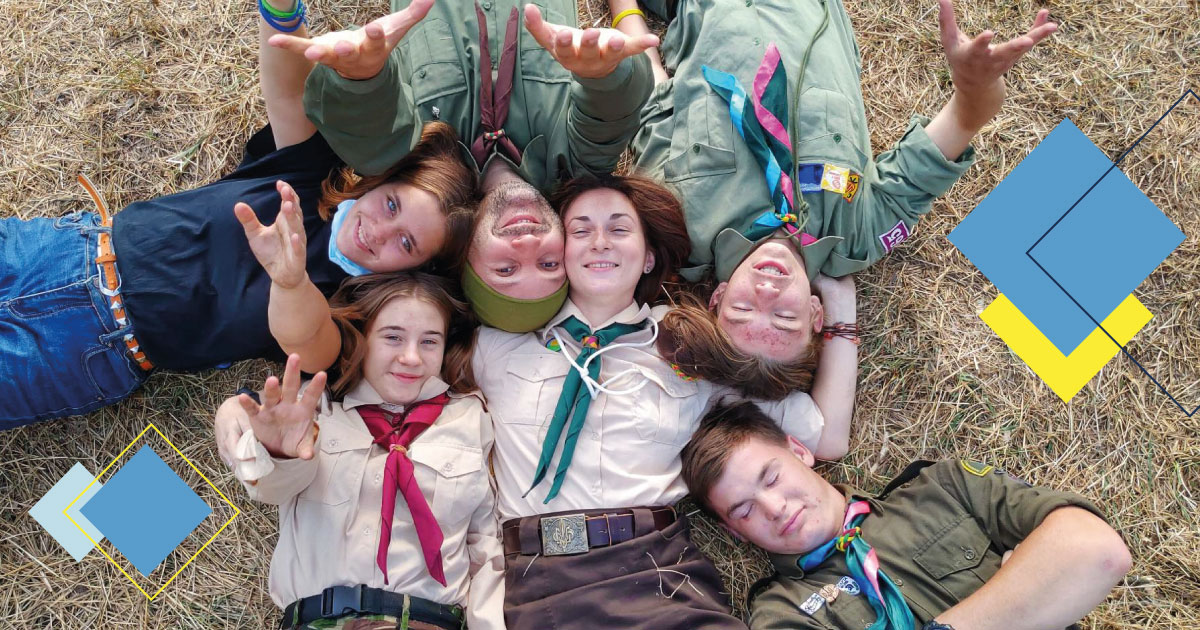
We started this year with a story about children and the education of patriotism. Here we talked about the initiative of two boys from the east of Ukraine — Dmytro and Denys, pupils of the Plast National Scout Organization, who created the Steppe Horizon scout camp in the Donetsk region.
Sixteen-year-old Denys lived in Kramatorsk, where he had moved in 2015 when he and his family were forced to leave the occupied territory. His peer Dmytro is from Sloviansk. Denys and Dmytro met and became friends in Kramatorsk's Plast branch. Here, under the guidance of teachers, the boys underwent a lot of education and training on creating their projects related not only to the camps but also to improving ecology, social initiatives, and projects dedicated to children who suffered from the russian occupation.
At first, the guys planned to make a plastoon camp, but they decided to include everyone willing to join it. The idea was to encourage young people who were completely unfamiliar with the Ukrainian scout movement to join the scouting movement. How the guys' concept worked out is explained in our article.
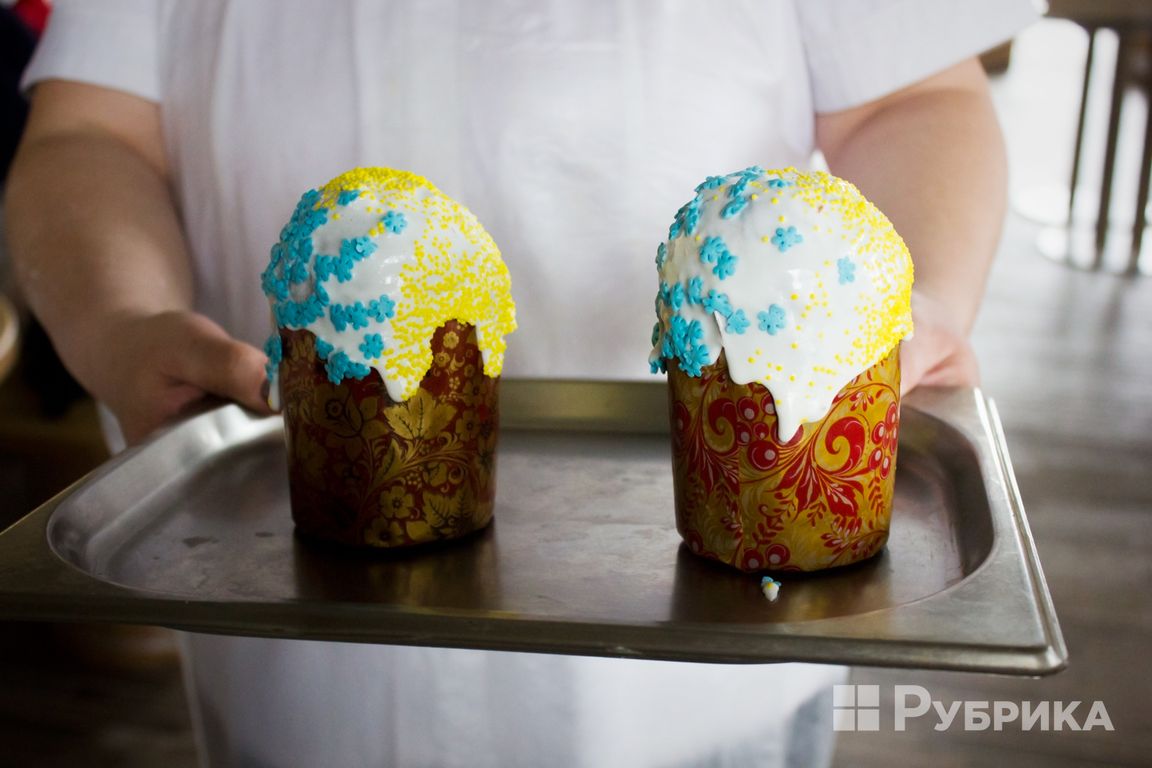
This story is about a team of professional chefs and volunteers who feed hundreds of fighters and displaced persons daily. We recorded it on the eve of Easter when the cooks prepared special gifts for defenders and civilians — fragrant Easter cakes. Then we visited the restaurant's kitchen for a few hours to see the culinary front line.
"I come to the kitchen, start work processes and begin looking for products. My colleagues are also looking for something at the same time. If they brought apples, there would be charlotte. If there are canned chickpeas, we will add them to the roast. We tried to make a menu in advance. We were planning to make fish balls. We ordered the minced fish, but at the last moment, it turned out that it's simply unavailable," said chef Leonid Maliuha about the weekdays of culinary volunteers.
And then he revealed the secrets of their ingenuity: cooking from what is available for that hour and quickly changing the menu. How? We showed and told about it at the link.
Bonus! Here we talk about how homemakers in the Lviv region joined forces and made two tons of dumplings for defenders on the front line.
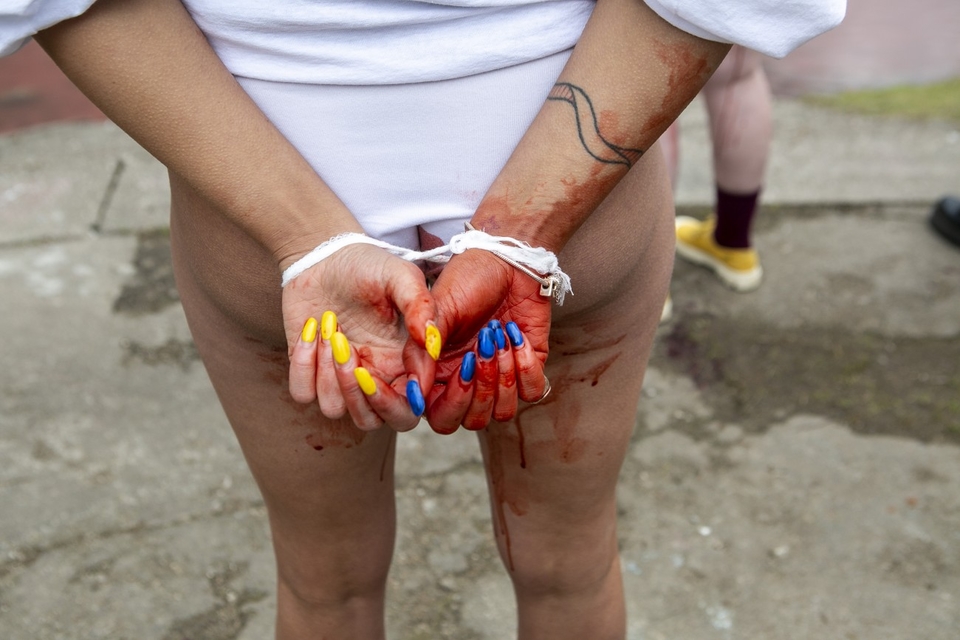
Photo from the protest action in Vilnius against the rape of Ukrainian women by the russians
War destroys not only infrastructure, residential buildings, villages, and cities. It destroys people's lives. There are explosion craters left on the ground after shelling and cracks in the souls: from the loss of relatives, and homes, from what was seen and experienced.
After the liberation of Bucha, Irpin, and Hostomel, we were stunned by the footage and facts of the russian invaders' brutality. Executions, torture, shelling. And also rape. The testimonies of the victims make the blood run cold, even for those who simply read them, these testimonies. And you can't even imagine what the people who survived the violence are going through.
Rubryka tells about the Strong project, which helps victims of sexual violence during the war in Ukraine, at the link (and you can find additional information about how to apply for help and how it works here).
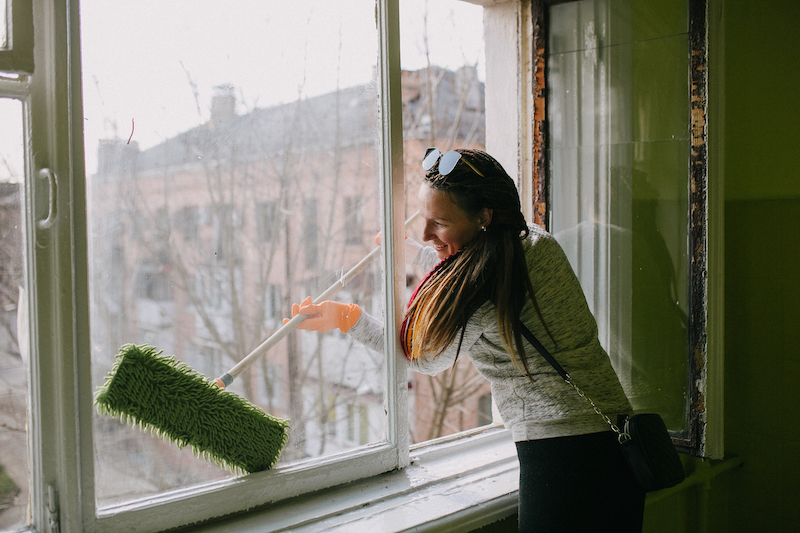
Almost 8 million internally displaced persons (IDPs) have been recorded in Ukraine due to russia's military attack. Millions of people have been left without homes, of which more than 1.5 million have already turned to the state for help through Diia government services.
In the future, the state promises to take care of those who have been left without a home — it is planned to build several tens of thousands of new apartments for migrants. But building new permanent housing for IDPs is a matter that takes time. Life in modular houses will be comfortable until the cold weather arrives. Therefore, the implementation of the necessary solutions was undertaken by ordinary Ukrainians. Here we talk about how Ivano-Frankivsk caring people found a solution — to restore a dormitory to accommodate IDPs. And at these links (one and two), we talk about how displaced people can find housing in the village and how this solution works in practice.
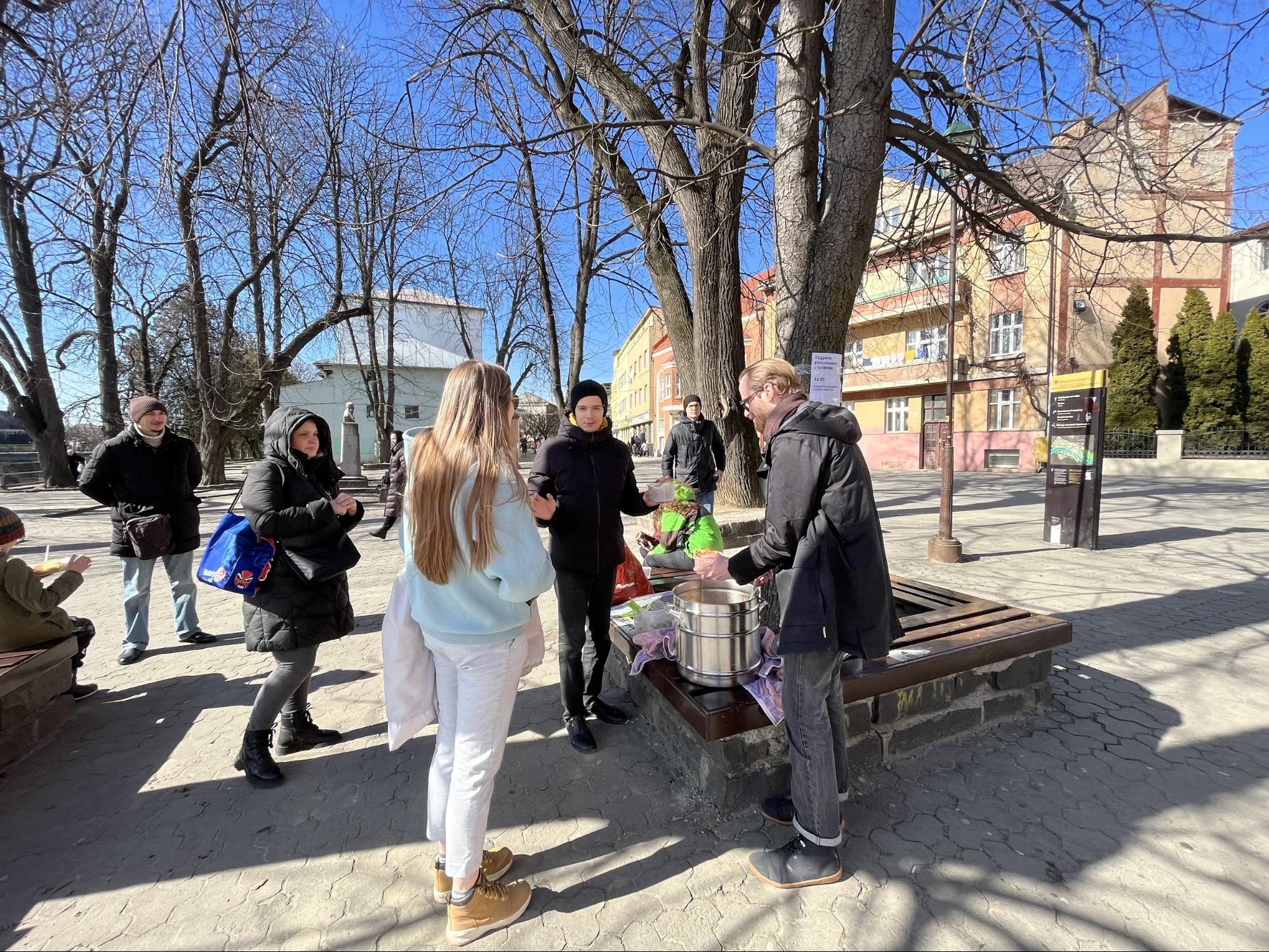
Ukraine's IDPs face dozens of challenges every day. Healthy, nutritious food has been one of them. Among the migrants, there is a significant percentage of vegetarians and vegans — according to the KIIS study, as of October 2020, 11% of the population of Ukraine do not consume meat, and 2% do not consume any products of animal origin. In addition, according to the WHO, a healthy diet for an adult should contain fruits, vegetables, legumes, nuts, and whole grains.
However, finding suitable products and prepared meals in volunteer kitchens can be challenging. In the article at the link, we explain how activists in the Zakarpattia region solved this problem, how the network of charity kitchens works, and why vegan dinners can help maintain a healthy diet.
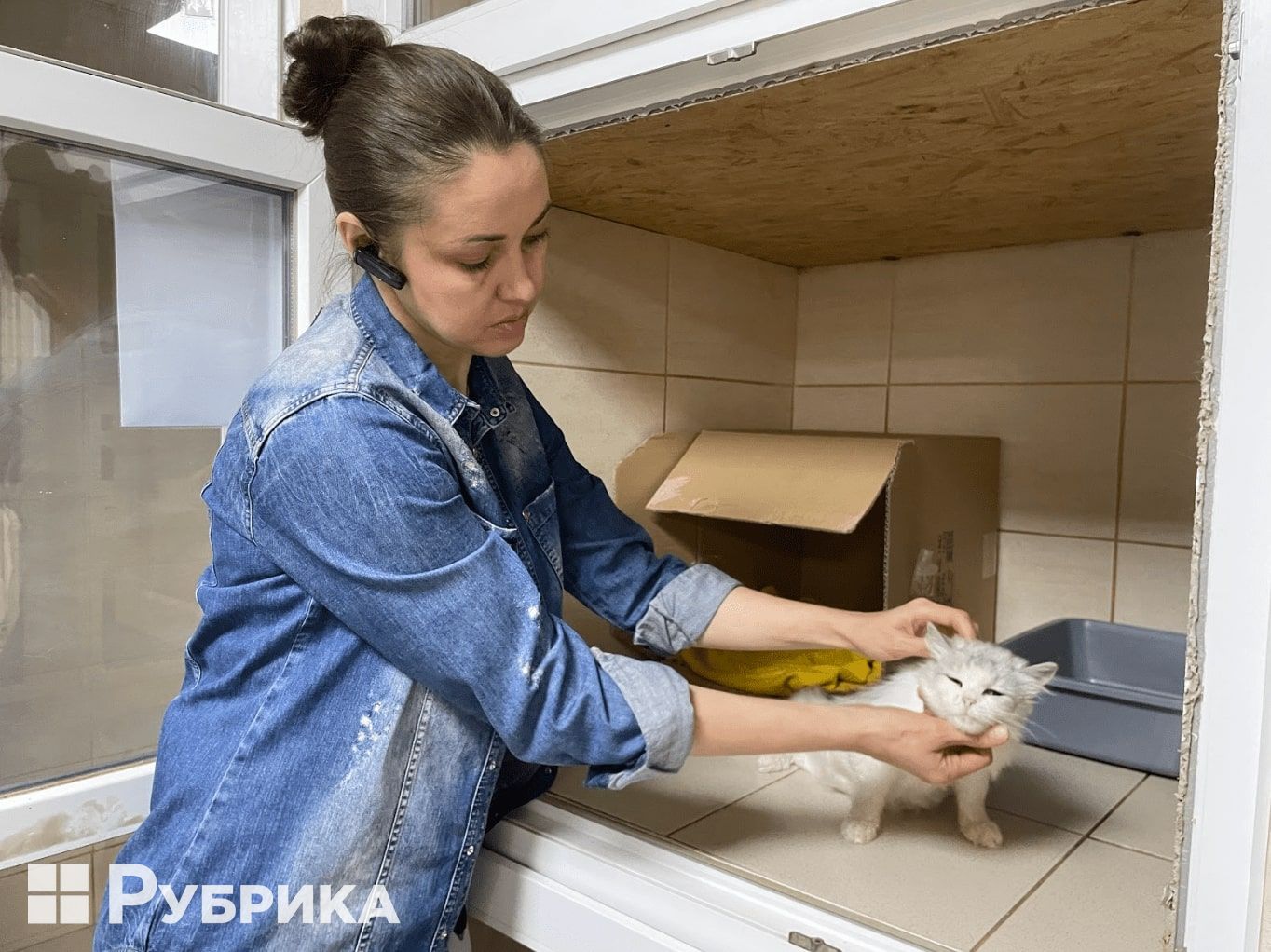
With the beginning of a full-scale war, the problem of homeless animals in Ukraine is becoming more acute every day. Olha Umanchyk started taking care of stray animals ten years ago. At first, she helped them in one shelter, and then she founded her small one — We're For Right To Life. By February, the shelter housed about a hundred animals. With the beginning of a full-scale war, saving the animals who remained under fire and lost their owners became necessary.
Wounded and under stress, there are several dozen furry "refugees," as the volunteer herself calls them, at Olha's shelter. Rubryka learned more about how animals are rescued from the front-line zone. And at this link, you can read about the experience of another initiative that saves animals from occupied territories.
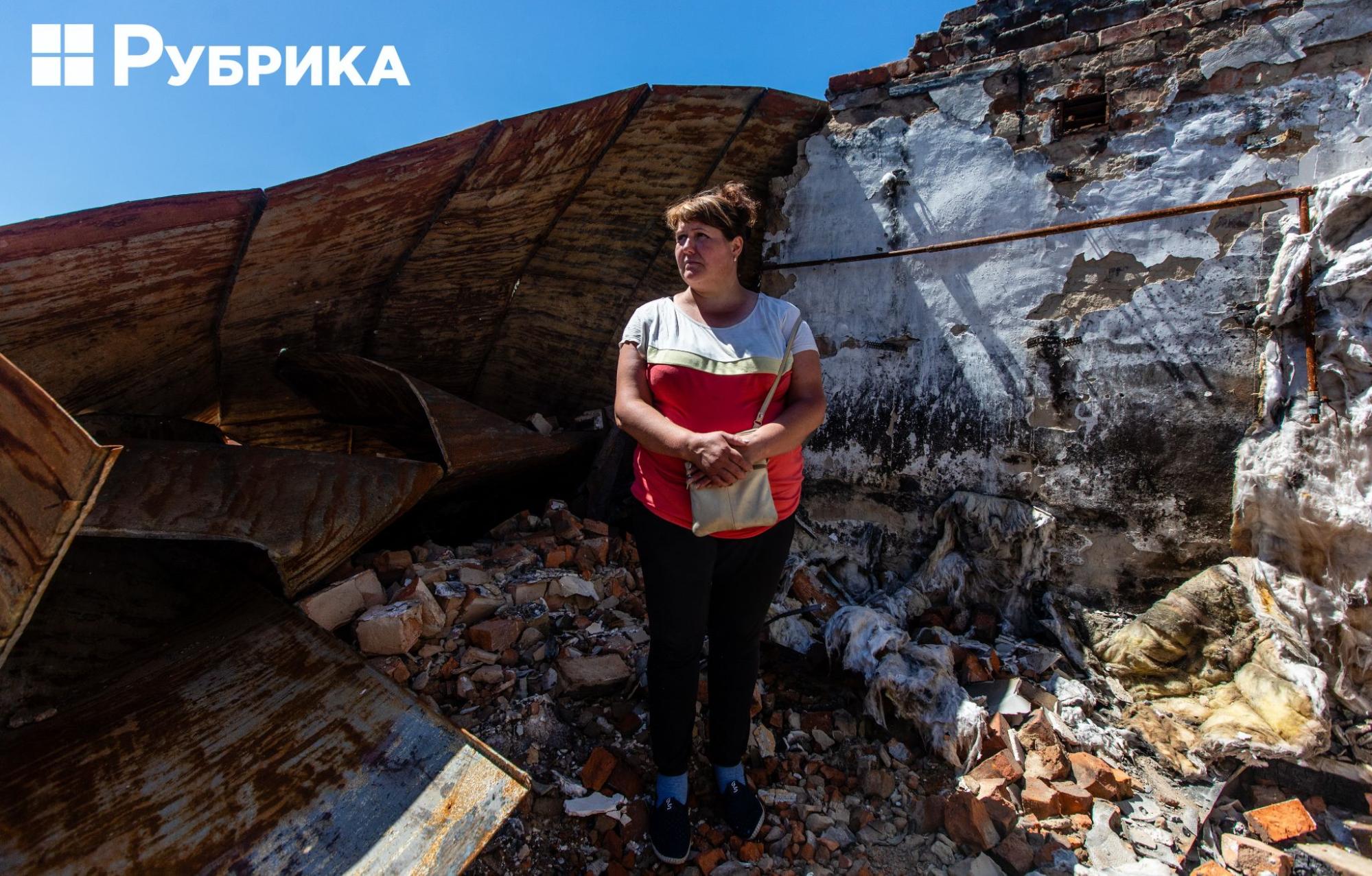
This is the article about a vital project that helps hundreds of people whose homes were destroyed by russia. The Repair Together project grew out of a Kyiv circle of friends, which one day realized that they could no longer watch the war live, but had to go and clean up its consequences. Since then, the idea has become a project where hundreds of volunteers go to the Chernihiv region on Saturdays and sort out the rubble under which russia has deeply hidden normal life.
More than four thousand houses in the region were completely destroyed. The number of damaged is even greater. Although the Chernihiv region has been freed from occupation, russian troops continue to shell it, sometimes firing dozens of rockets per day.
We discuss how Repair Together works in such conditions and how to support the project here.
Bonus! Find out how volunteers of another initiative — Brave To Rebuild — help rebuild people's homes in our article.
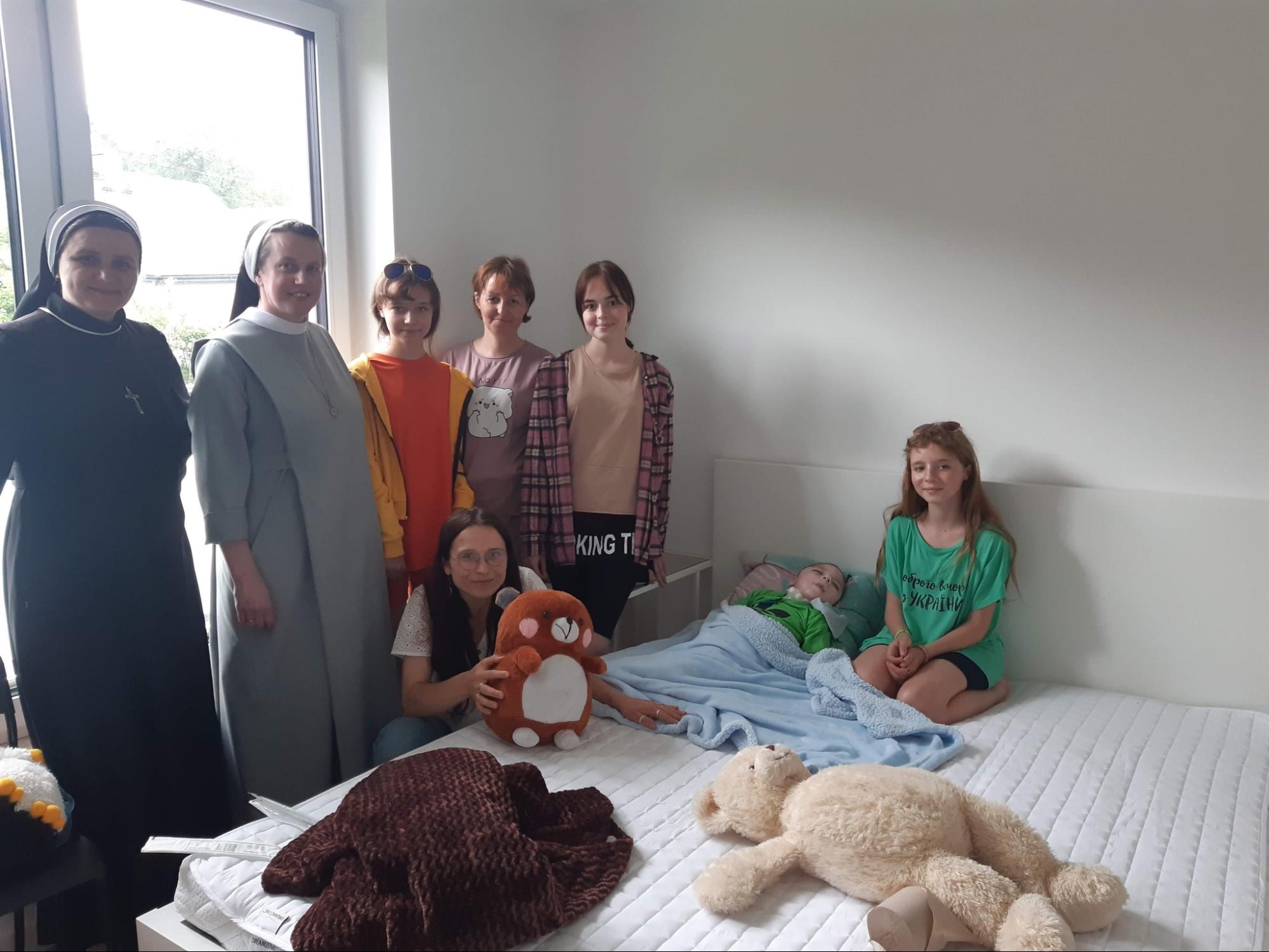
Pallium for Ukraine was created by Ukrainian Hanna Poliak, who lives in Poland. During a full-scale war, her initiative helps seriously ill children from Ukraine to evacuate abroad and supports them with medicines, walkers, and rehabilitation tools. And most importantly, it provides a safe place to live.
And although Hanna Poliak herself says that she does little things, the families who managed to escape from the shelling are infinitely grateful. Their children, who often have complex diseases, remain in comfort and with everything they need for life.
Rubryka talks about the people who united around Ukrainian children, the problems faced by families during the evacuation, and life abroad.
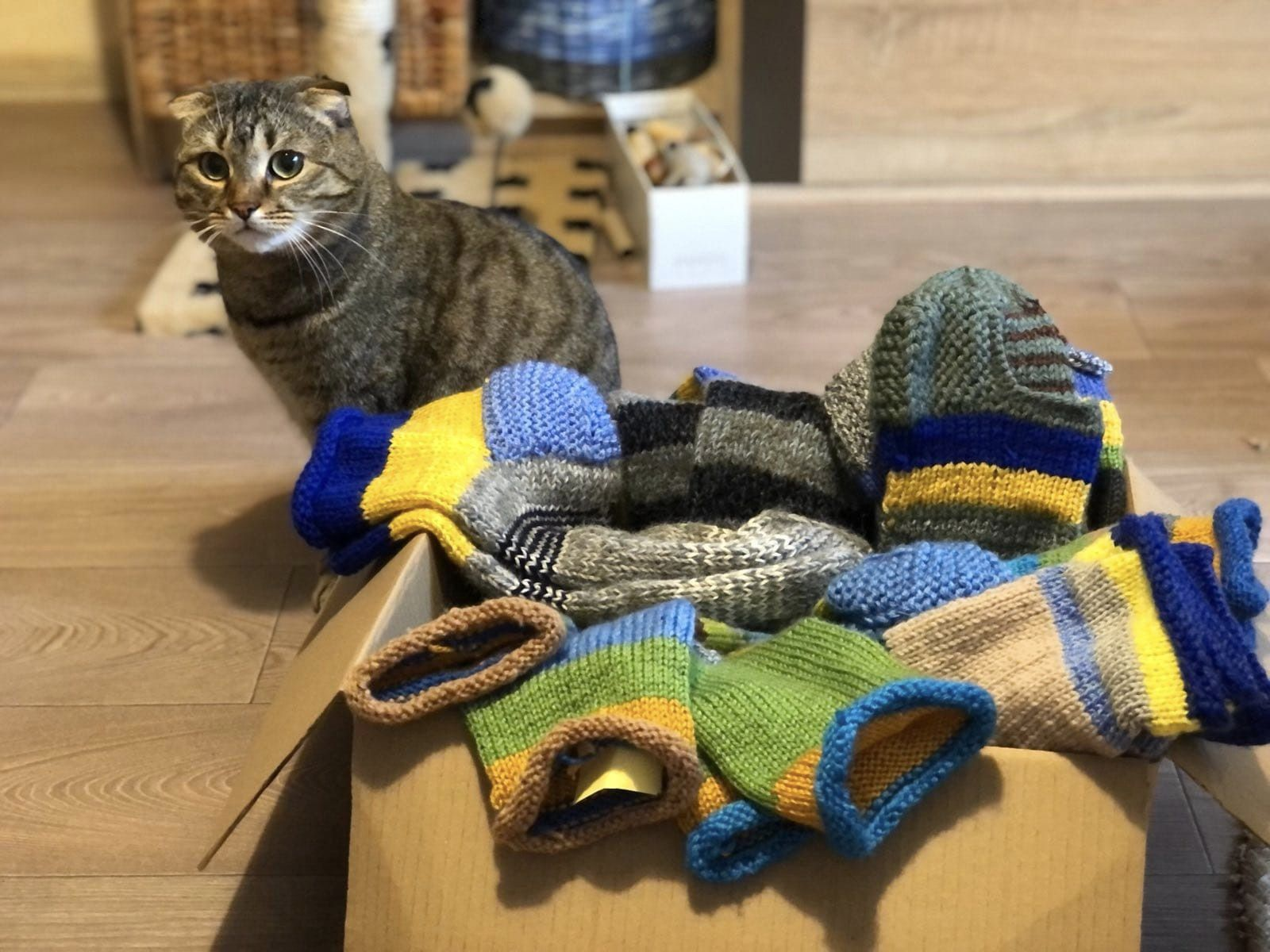
With the onset of cold weather, new needs began to appear at the front. And although the winter uniforms were quickly delivered to our defenders, the fighters were never without spare hats and warm socks, balaclavas, warming belts, and thick rugs in the dugout.
For eight years, there has been a group, Knitted Things For Soldiers. It all started with the desire of two sisters to somehow help the soldiers and volunteer fighters — those who were the first to defend our statehood. And today, more than 1,200 community members knit and send hats, balaclavas, socks, gloves, and other warm things to the Ukrainian Armed Forces. Here they will teach you how to knit, and they will help you transfer ready-made items to the front.
Rubryka spoke with the project's founder, journalist, volunteer, and head of the board of the Ukraine — Reboot charity fund, Larysa Stepanushko, to find out how it works.
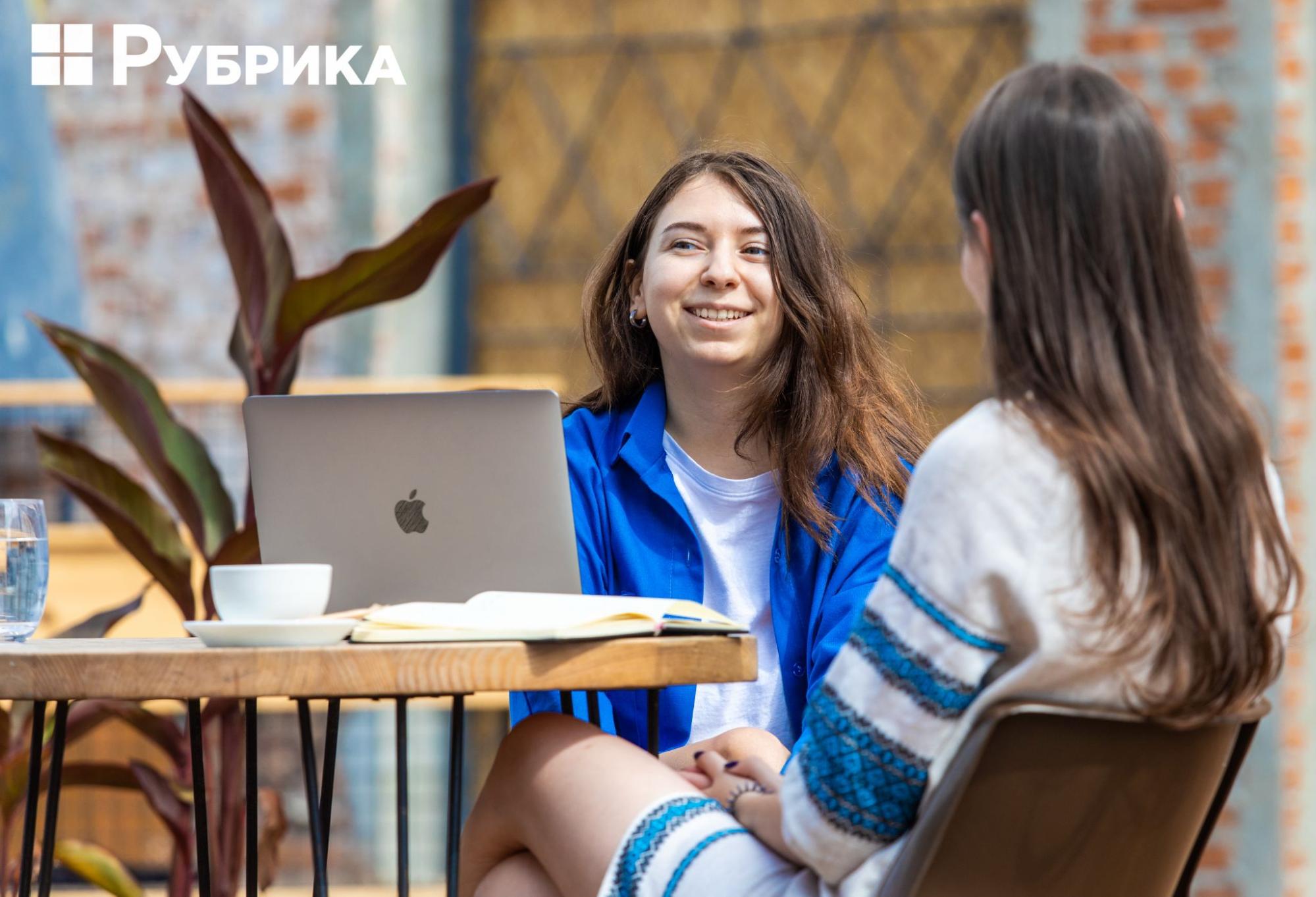
Save Business Now is an initiative from Ivano-Frankivsk, which arose at a charity fund after entrepreneurs started calling volunteers en masse. They asked for help with the emergency evacuation of their businesses.
"From the first days of the war, when it became clear that people needed help, we created the Save Ukraine Now fund. After the launch, the phones of our Promprylad project managers started ringing off the hook with entrepreneurs asking for relocation assistance. We realized that businesses also needed help. And so this initiative emerged as a response to the challenges of war.
At first, everything was completely random. The idea was to create a chat where people could get to know each other—both relocated businesses and local ones. And after that, we formed new types of support," says Ruslana Parobetska, coordinator of the business support center at Promprilad.Renovatsia.
In our article, we explain how a "random" initiative turned into a systematic one and helped dozens of businesses to adapt to a new place.
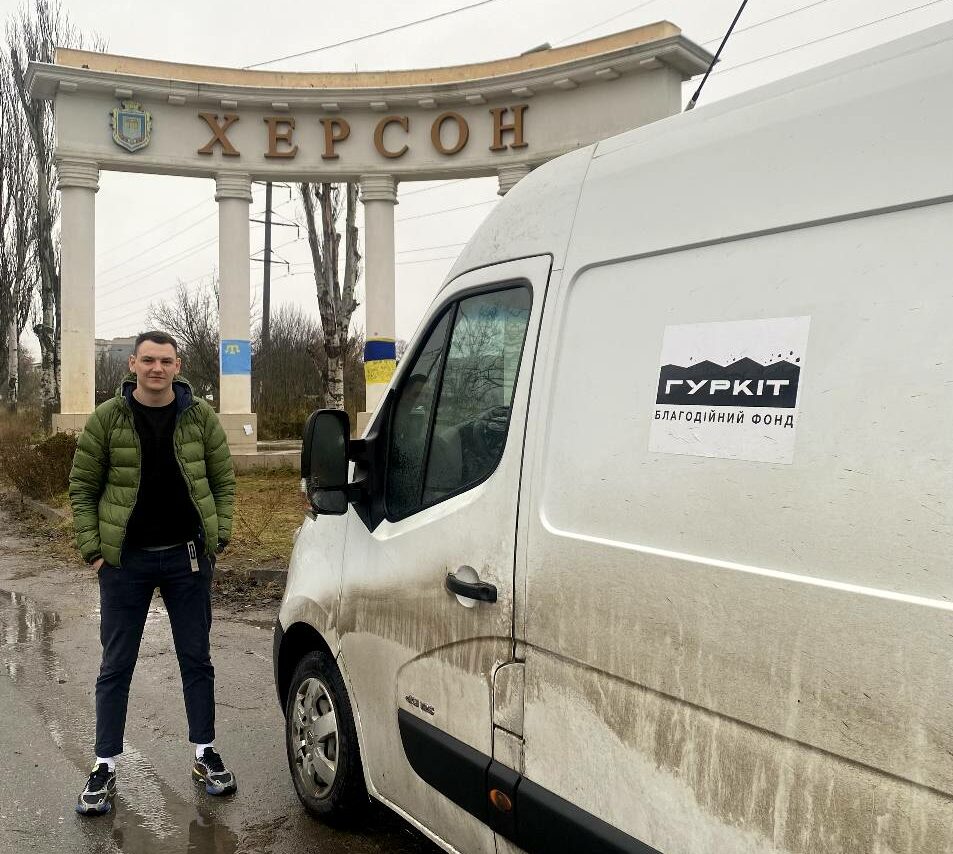
Assistance to civilians and military, which Hurkit brought to Kherson Region. Source: Hurkit Facebook page
Mutual aid is our superpower. The Hurkit is also of this opinion. This public organization is engaged in aiding the front and delivering humanitarian goods. Volunteers even had to evacuate civilians. "And once our volunteers were shot in the legs," Vlad Samoilenko, the head of the Hurkit volunteer center, who started with the evacuation of civilians and now drives cars to the front line while simultaneously searching for, buying, and delivering equipment for the fighters, told us quite mundanely. He has a lot of stories about fired bullets.
Rubryka talked to Vlad Samoilenko about how volunteers traveled to Irpin, how waste paper can help buy cars for the military and why every hryvnia is essential. And we also talk about why it is important to be not only at the front but also behind it, literally providing soldiers with greater comfort and confidence on the front lines with effort.
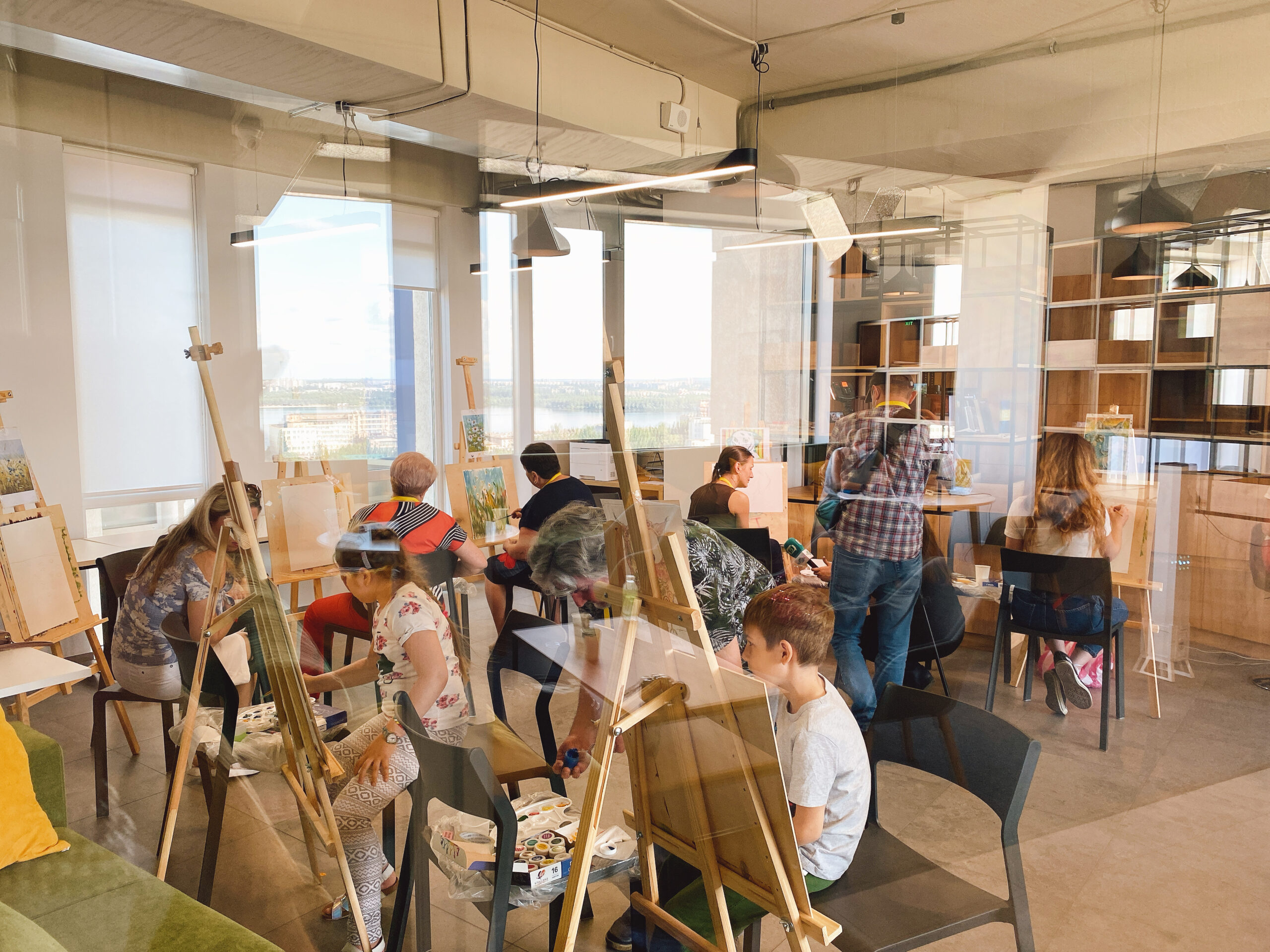
The feeling of loneliness, the fear of continuing to live, sheer fatigue, and sadness that drags on month after month — this is what people who lost relatives in the war face, finding themselves alone with their grief, as if on a deserted island.
A public organization in Dnipro helps people who lost a defender in the war to rebuild a "bridge" or find a "boat" to leave a deserted piece of land. The TAPS Ukraine branch has been operating since 2018, when our country joined the international network — it became the 24th member of the large TAPS family.
What helps families keep on living? How to support people who lost relatives in the war? What words are better never to say to them? All this is in our article.



